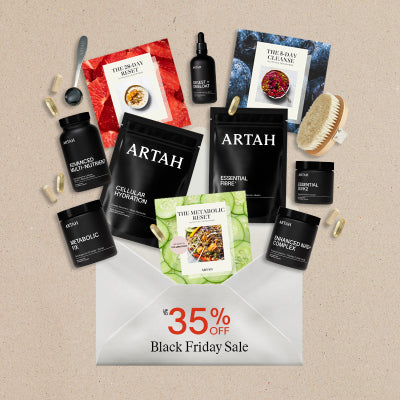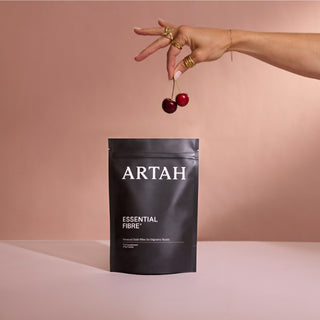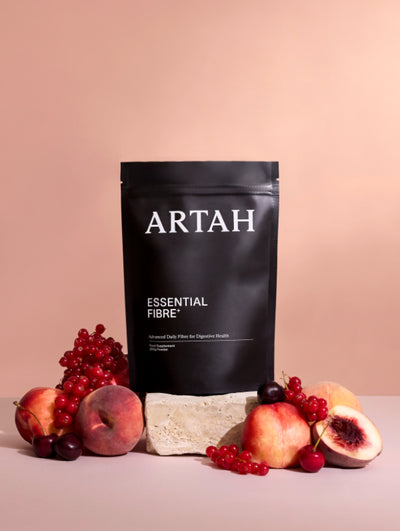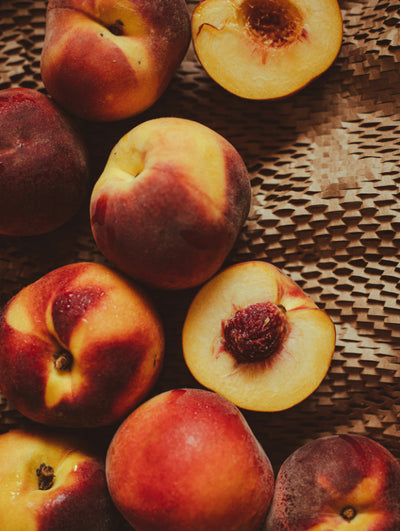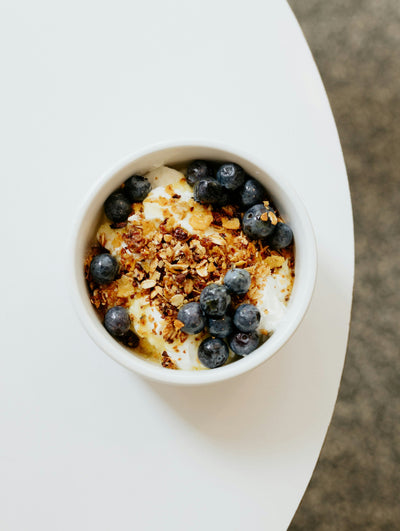Blue Monday no more
Yes, Blue Monday – AKA the most depressing day of the year – is fast approaching, but that doesn’t mean you have to succumb to its misery-inducing effects. As well as opting for some positive lifestyle habits – getting outdoors, moving your body and ensuring you’re connecting with other people – there is a huge amount of power that can be gleaned from your nutrition. Food really can boost your mood.
Below, we share some key foods to incorporate into your diet to help you see the sunnier side of life.
Oily fish
Packed with omega-3 fatty acids, increasing your oily fish intake – think mackerel, sardines, salmon, anchovies and tuna – is a good idea for your mental wellbeing. Studies have shown that those who eat fatty fish regularly see a significantly reduced risk of suffering depression. That may be because omega-3s reduce the low-grade inflammatory response that is associated with depression and anxiety. They also help improve brain cell health by enhancing their ability to communicate. Not a fan? If you’re looking to supplement your diet with a rich source of omegas, try Essential Omegas.
Fermented foods
Our gut health is crucial to all aspects of our wellbeing, mood included. The gut-brain connection means that what’s going on in the gut directly impacts the brain, and vice versa – which is one reason why feelings of anxiety might be accompanied by digestive issues, such as bloating, pain or an IBS flare-up. Since 90 percent of serotonin is made in your gut, rather than your brain, it pays to nurture your gut microbiome. Eating a diet high in fermented foods, such as kefir, kimchi, sauerkraut, miso and kombucha, has been shown to increase microbial diversity and decrease inflammatory proteins.
Berries
The more fruit and vegetables we eat, the better our mental health – but researchers believe that it is berries (like blueberries, strawberries, raspberries and blackberries) that seem to have the most potential for boosting our mood, thanks to their high polyphenol content. As well as brilliant antioxidant and anti-inflammatory benefits, the science suggests they can also support neuroplasticity (the brain’s ability to form new synaptic connections), which can help counteract the processes which contribute to depression. They’ve also been shown to improve cognitive performance, plus they’re high in fibre and low sugar.
Take Break From Alcohol
A standard glass of wine comes in at around 120-165kcal, with pints reaching well over 200kcal. But the direct caloric impact is only one aspect of drinking; alcohol makes us tired, reduces self-control, and is a form of calories that isn’t satiating. Whilst cutting alcohol could technically be considered cutting calories, this is a powerful way to improve body composition without using food as a lever. January is the perfect time to reduce or avoid alcohol, and it will also benefit your sleep, stress, gut health and more.
Dark chocolate
Rich in polyphenols – and more specifically, flavonoids – dark chocolate is better for you than you might think. One study found that those who consumed it had significantly lower odds of experiencing symptoms of depression than those who ate no chocolate at all. These effects, it’s worth noting, weren’t seen in those consuming milk chocolate. The polyphenol content in dark chocolate has a lot to do with it – antioxidant and anti-inflammatory, it benefits our brain, cellular and gut health. Eating a small amount of 85%+ dark chocolate with minimal added ingredients isn’t just enjoyable, but good for your brain too. If you’re looking for the benefits of chocolate without the sugar, Advanced Multi-Nutrient contains Cacao (and its beneficial phytonutrients).
And what to avoid…
While there are many brilliant foods that can contribute to improved mental health, there are also ones to avoid as much as possible. Ultra-processed foods and anything with added sugars, fillers or artificial sweeteners should be minimised, as should alcohol and certain seed oils, which can impact the gut’s delicate ecosystem. If in doubt, always read the label – and if there is anything you don’t understand, try and steer clear.
Disclaimer: The information presented in this article is for educational purposes only and is not intended to diagnose, prevent, or treat any medical or psychological conditions. The information is not intended as medical advice, nor should it replace the advice from a doctor or qualified healthcare professional. Please do not stop, adjust, or modify your dose of any prescribed medications without the direct supervision of your healthcare practitioner.








































